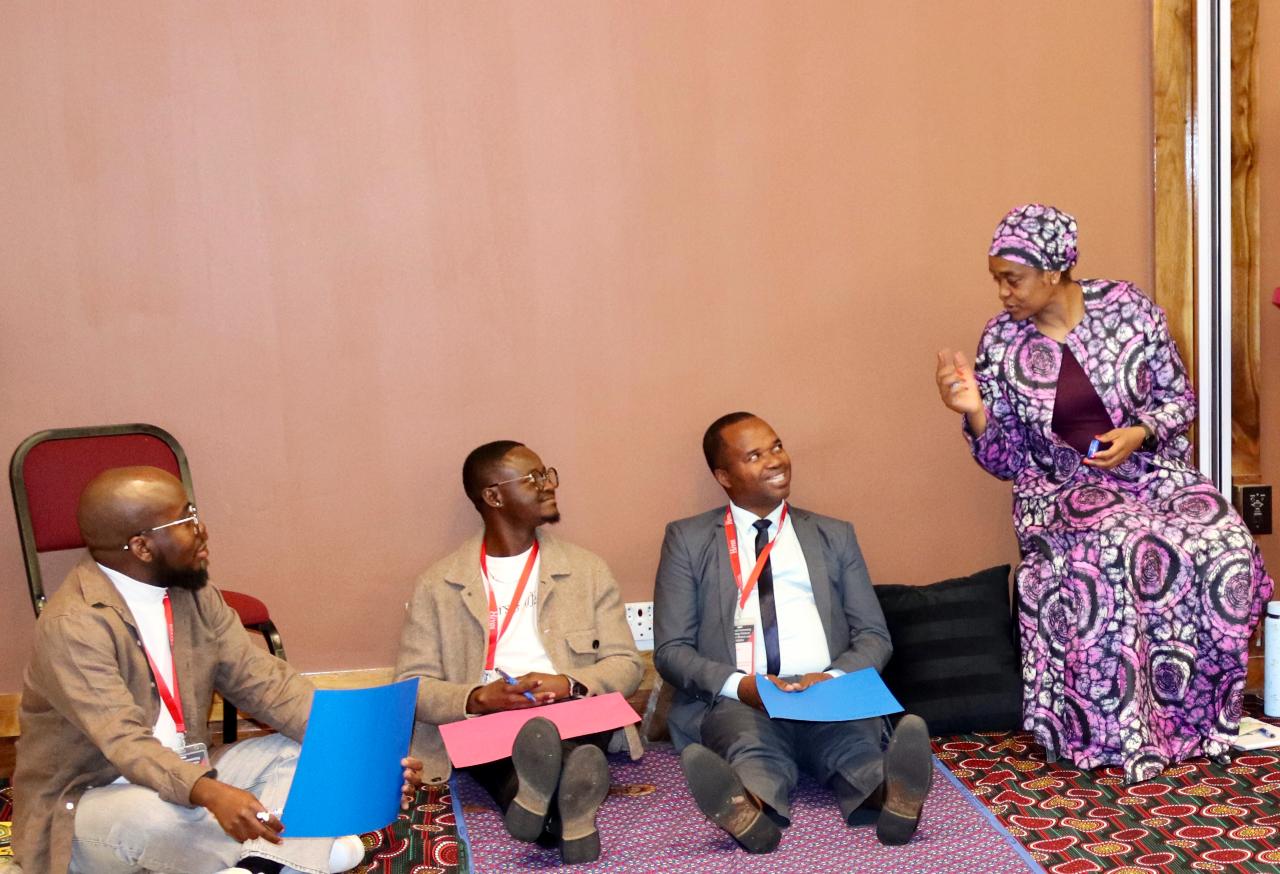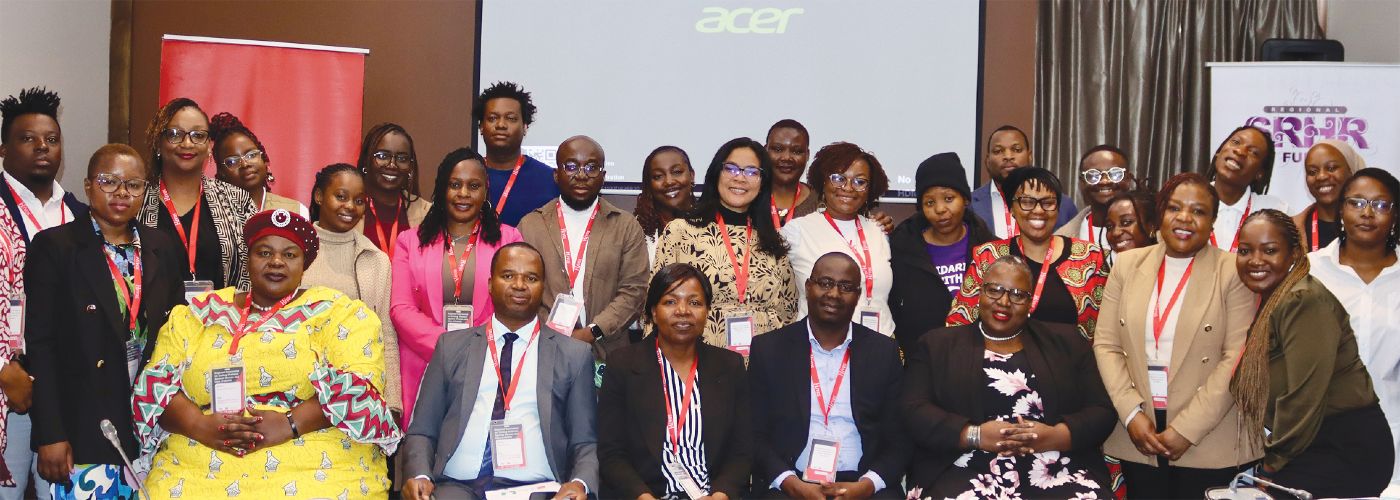The Regional SRHR Fund hosted a Regional Convening on Ending Violence Against Women and Girls (EVAWG) from the 22nd to the 24th July, 2025 This event brought together feminist activists, policymakers and movement-builders from across Africa under the theme, “Advancing a Feminist Approach to Ending Gender-Based Violence (GBV) in Southern Africa.”
The three-day event emphasized the urgent need to dismantle patriarchal structures, center survivor voices, and strengthen regional accountability mechanisms. Drawing on knowledge and experience from across Africa, the convening aimed to establish the action priorities for legislators and activists, led by our Regional SRHR Fund project.
Seeking collective action
The event raised alarm over gender-based violence (GBV) trends across the continent. Sally Ncube, Equality Now‘s Southern Africa representative, presented data revealing that one in three women in Zimbabwe, South Africa, and Mozambique experience physical or sexual violence. South Africa’s femicide rate remains among the highest globally, with approximately three women killed daily by intimate partners. Despite progressive legal frameworks such as the SADC Model Law and the Maputo Protocol, gaps in enforcement, funding and inclusion remain prevalent. LBTIQ+ and disabled survivors are particularly affected.
This has put a spotlight on the urgent need for action, and this regional convening was a step towards that goal. As one participant put it: “True transformation demands that we amplify one another, redistribute resources and dismantle systems of exclusion through collaborative, feminist action.” The message was clear about the desire for accountability and collective drive towards shifting attitudes and behaviors in Africa was clear.
The hope is raising awareness of the challenges of implementing legal frameworks will prompt influential policymakers to enact change within their constituencies.
New paths to ending gender-based violence (GBV)
Another highlight from this gathering was the importance of collective care. Recognizing the negative impact of systems of oppression on mental, emotional, and physical health was seen as a way to begin the healing process and offer support to victims. GBV prevention through collective care requires establishing of safe spaces, promoting solidarity and challenging harmful social norms that lead to violence.

Solutions rooted in innovation
The convening showcased innovative solutions, such as mobile courts, one-stop survivor centers and cross-border youth-led advocacy. Participants called for long-term funding, economic justice initiatives, and intersectional data systems to drive policy reform.
Akina Mama wa Afrika’s Chipasha Mwansa highlighted the importance of feminist-driven approaches to ending GBV: “There is need for feminist self-reflection, cross-sectoral collaboration, data-driven advocacy and transformative policy to truly dismantle economic violence and reduce GBV in Africa.”
Committing to change
Going forward, the participants made multiple pledges of action including committing to raising awareness among Members of Parliaments across Africa about inclusive legal frameworks. Since policymakers are at the forefront of developing tangible change for communities, it is imperative to encourage them to hold debates and raise motions on GBV in their respective Parliaments.
One participant added: “I commit to push for youth voices in the fight against GBV through mentorship, awareness raising and hold government accountable on frameworks. I am committed to network and collaborate with other youth organizations and offer my skills to help fight GBV in southern Africa.”
The Regional SRHR Fund will continue to build relationships and linkages across different contexts and continue to support and strengthen feminist-led initiatives beyond this convening. “We commit to providing technical support to young feminist organizations working in sexual and gender-based violence and economic exclusion. We are an open resource and open to co-convening feminist spaces that bring error gendered and intersectional lens to the discourse,” said Kudzai Meda, the Fund’s Policy, Advocacy and Campaigns Programs Officer.
Ultimately, many left with the reaffirmed belief in the power of regional solidarity to transform this dialogue into action. Stakeholders pledged to amplify survivor voices because “silence is indeed not an option” in the fight for a Southern Africa that is free of gender-based violence.








